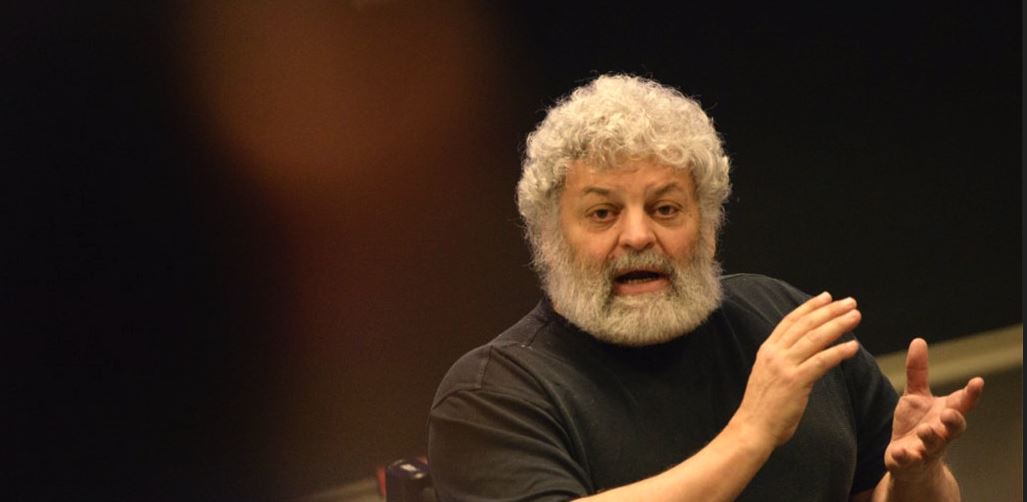
IESE Insight
Remoralizing the debate: 10 questions to build a more ethical world
Every citizen can benefit from having better conversations about the stuff that really matters. What would the world be like if we changed the conversation to focus on hope, freedom and creating good communities?
Look around you. Ethics are everywhere. A scan of the headlines finds ethics-related issues in politics, business, healthcare, technology, sports, entertainment, pop culture, religion, media, family, law — you name it. How are we to make sense of all this “buzzing and booming confusion,” to quote philosopher William James?
There are many reasons for the surge of ethical issues.
- First, the world has gotten smaller: ethical conflicts seem more pronounced because we are more aware than ever of them.
- Second, the confluence of cultures and worldviews points to the need for a more comprehensive conception of ethics to sustain us in such a world.
- Third, some are appealing for a return to the notion of civic space, where diverse groups can come together to argue — in the best sense of the word — about the future direction that our culture, economy, government and society should take.
- Finally, many are calling for greater moral leadership. As a panel at the World Economic Forum in Davos once noted, “Business leaders, investors and consumers all face a choice of which moral and ethical postures to adopt in the new world order that follows the (2007-08) global economic meltdown.”
All of these reasons are partially correct, and all point to the need for more dialogue that cuts across generations, societies, North and South, East and West, classes, races, religions and other contingencies of life. This dialogue must put ethics at the center.
In short, we need to remoralize our conversations about what it means to lead a good life and create good communities.
Let me be clear: When I say remoralizing, I am in no way advocating a reactionary movement toward fundamentalism. When fundamentalism refers to an unthinking and uncritical application of solutions that have worked in the past, I believe that is, in part, what has gotten us into the mess we are in. Anybody who doesn’t want dialogue, I consider part of the problem rather than the solution.
Remoralizing our dialogue means articulating some principles for each of our institutions that help us to discover their true purposes, and then crafting an ongoing conversation about those principles and purposes.
We should expect to have such a level of conversation coming from our leaders, especially our political and business leaders, as a matter of course. Every citizen can benefit from being taught how to have better conversations about the stuff that really matters. Together, we can orient our institutions around hope and freedom.
The ability to create a more ethical world is limited only by our imaginations. Granted, for some, that could be quite limited. Patricia Werhane’s book, Moral imagination and management decision-making, makes this point — that when reputable companies do unethical things, it’s because the managers lacked the imagination to change their mental models and do otherwise.
Therefore, to make sure that we are fully exercising our moral imaginations, it is important to develop an experimental mindset.
Here are 10 questions to get your ethical juices flowing. What would the world be like if:
- We had a commonwealth of nations linked together by value creation and trade?
- Women held all political offices for the next 100 years?
- Generals had to be mothers?
- Politicians stopped trying to tear each other down?
- Businesses saw themselves as part of their communities and were dedicated to improving them?
- Executives — indeed all employees — saw their job as how to create value for stakeholders and make them better off?
- Businesses were as clear and transparent as possible about what they stood for?
- We took out competition with others and built in competition with ourselves to improve and learn more?
- Values such as courtesy, integrity, perseverance and responsibility took center stage in our schools?
- We valued our teachers as much as we do our athletes and rock stars?
In engaging in a dialogue on ethics, we must avoid turning the conversation into self-righteous moralizing.
However, the time is right for us to raise the standard of our public dialogues with all of our institutions and remake our world for the better. Our future depends on it.
This article is based on a lecture delivered by R. Edward Freeman and was originally published in IESE Insight magazine (Issue 4, Q1 2010).
